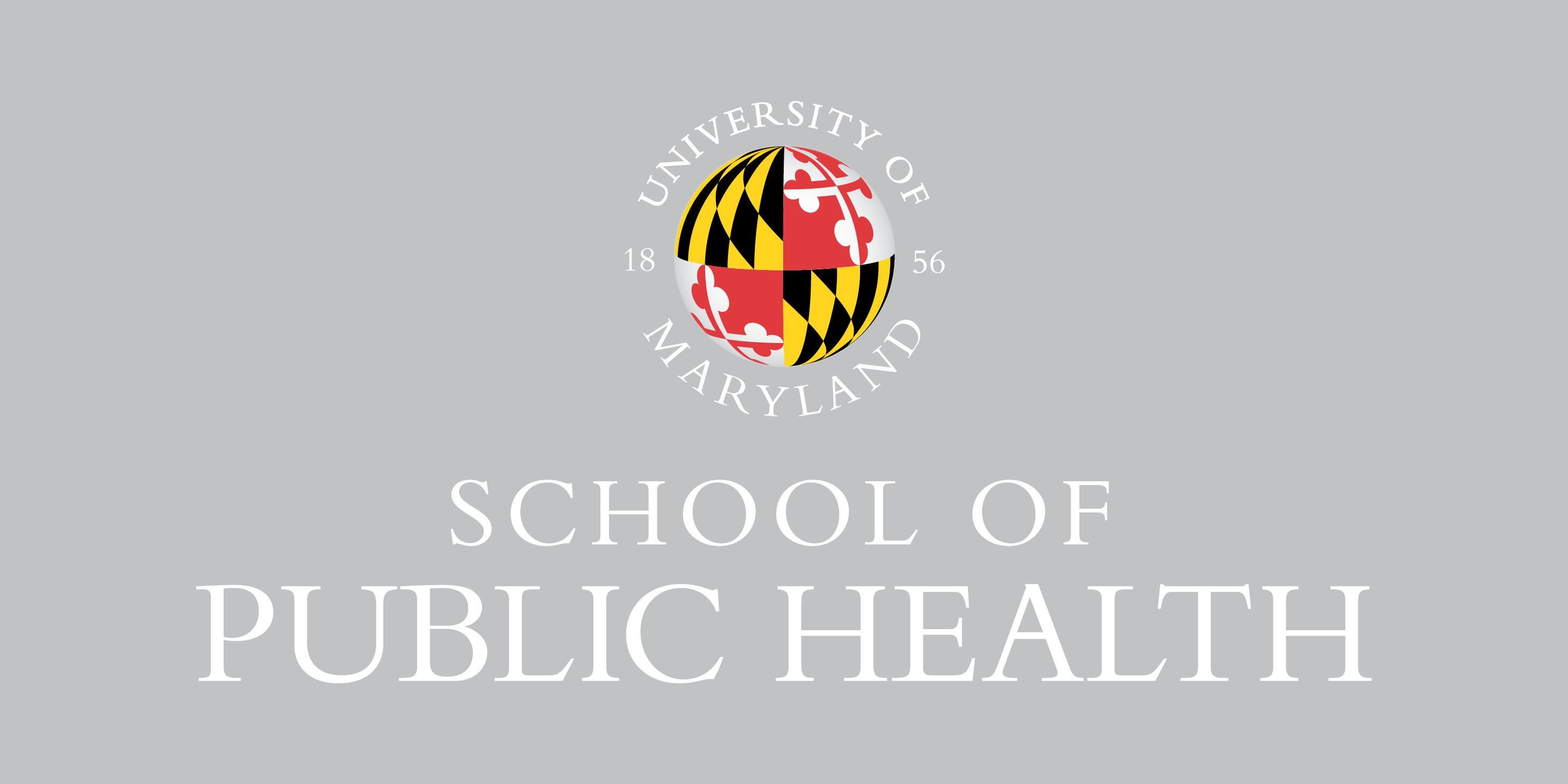
Despite the ever-increasing reach of the web, less minority and low-income individuals are represented in internet and mobile-based research than in more traditional research.
Research led by the University of Maryland’s School of Public Health sought ways to diversify survey participants. The study was published in Contemporary Clinical Trials Communications.
Dr. Susan Passmore and the research team recruited African Americans and Latinos for a smartphone-based survey at the 2017 Mid-Maryland Mission of Mercy in College Park, Md.
The event was organized by the Center for Health Equity in the University of Maryland’s School of Public Health, the Catholic Charities of the Archdiocese of Washington and the Maryland State Dental Association Foundation.
Of the over 800 patients who received free dental care at the event, researchers enrolled 211 participants for a survey on health information. The survey is informing plans for patient needs at future events, including the upcoming Mid-Maryland Mission of Mercy and Health Equity Festival on Sept. 13 and 14.
About half of the survey participants were African American, 31% Latino, and 37% had the equivalent of a high school education or less.
The team’s results suggest that the recruitment and engagement of underrepresented groups in research can be increased through personal outreach and intentional planning.
The study’s researchers also interviewed 24 participants after the survey and found the site of the recruitment efforts—a service event—affected the decision to participate.
As opposed to impersonal recruitment methods like emailing, texting or social media, recruitment in the context of a community event both improved trust between participants and researchers and bridged the “digital divide.”